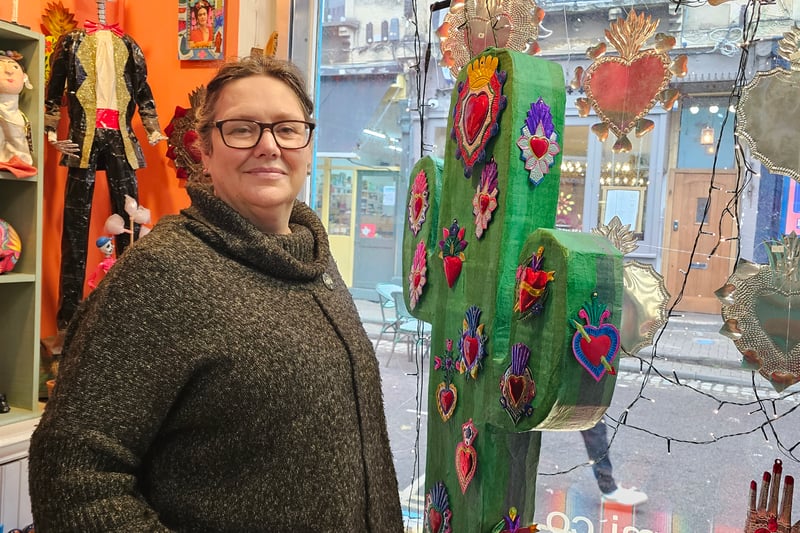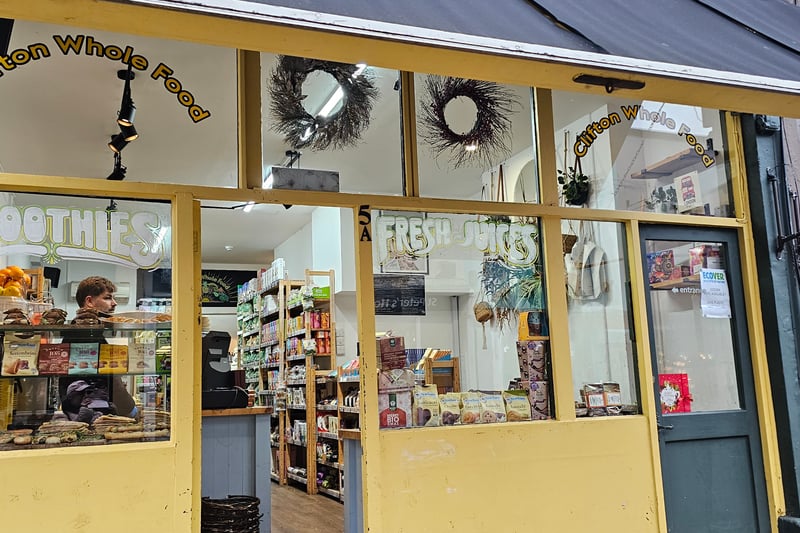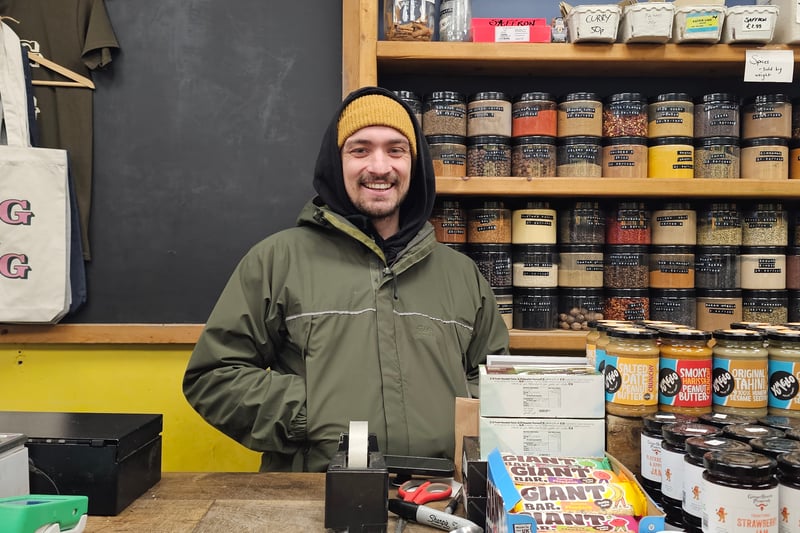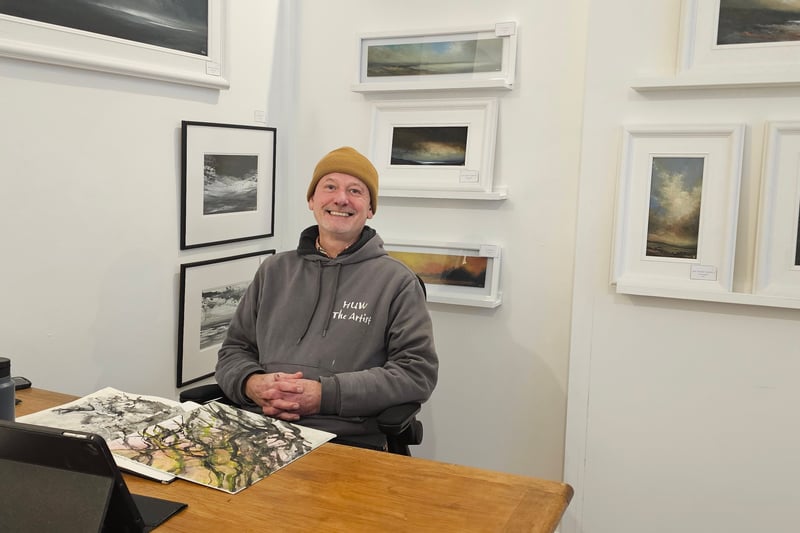Clifton Village is a beautiful area with stunning Georgian streets, terraces and squares and home to the Clifton Arcade, independent shops, boutiques and gift shops, to name a few.
But to what extent has the ongoing economic situation and cost of living impacted traders at Clifton Village?
We talked to five traders to see how business is going and the impacts the cost of living crisis and high energy bills have had. Here’s what we found:

1. Otomi
At Mexican goods shop Otomi, owner Louise said: “I would say we’ve ridden the living crisis quite well, but I think that’s because we sell a lot of food items. I think when people are spending less going out to eat, they want to stay at home and cook nice food. So I think we’ve done OK and we haven’t seen big losses like some companies have, because I think we’ve just managed to hit the market right. During COVID we did OK, because again, people were eating at home. We’ve got the ingredients we sell, they’re not luxury products but they're slightly unusual, so you can’t get them in your supermarket. Our profits are down because everything is more expensive, but we’re still selling. In that sense, it is harder because we’re trying not to put our prices up, we’re trying to keep them as low as possible. We’ve taken a hit because everything else is costing more, but we’ve still got customers coming back.”

2. Clifton Whole Foods
Zico at Clifton Whole Foods said: “Everything is going up in price: products, rent, bills and electricity. I know people who are running kebab shops and coffee shops, and they say it’s hard to pay bills.”

3. Reg The Veg
Beth, the co-director of Reg the Veg, said: “I think we’re in quite an affluent area here, so people are still spending in a similar way to that which they always have. Because we’ve been less busy since COVID and what with the cost of living and everything, we’ve had to diversify a little bit in terms of doing lots more online, advertising things a lot more. So our margins are probably slightly lower than they would have been. We can’t compete with supermarkets so we just have to really focus on getting the best quality stuff because that’s what people want around here.”

4. Huw Richards Evans
Huw Richard Evans recently opened his gallery just before Christmas. He said: “I had a gallery in the arcade for many years and then I went back to my studio to work on commissions but you need to have a window for your work and although I’m in other galleries around the country, I just wanted to get back to talk to people and people do like talking to the artist. In January I wasn’t expecting to do anything, but I've done really well. And for me, part of my process has been talking to customers. But at the same time, as long as I cover my rent, I'm not expecting to make big money. And I think there’s a difference there when you need to sell. I think with the prices as well that I’m charging, I'm very lucky in the fact that I can sell a medium-sized painting and that will pay for my month’s rent. Also, I think I’m very lucky in the fact that I did build up a reputation so I’ve had lots of people come back who had bought from me previously from the other gallery in the arcade. It’s very noticeable that other than the medium to the small paintings, people aren’t spontaneously buying. People have to go away and think about what they’re spending, especially for the bigger paintings, which is understandable. Since I moved in, I didn’t expect it to be busy during the week, and it’s not, which is fine. Unlike other businesses, I'm very lucky because I can come in and I can paint, and I can use it as a studio. Paintings are a luxury at the end of the day.”